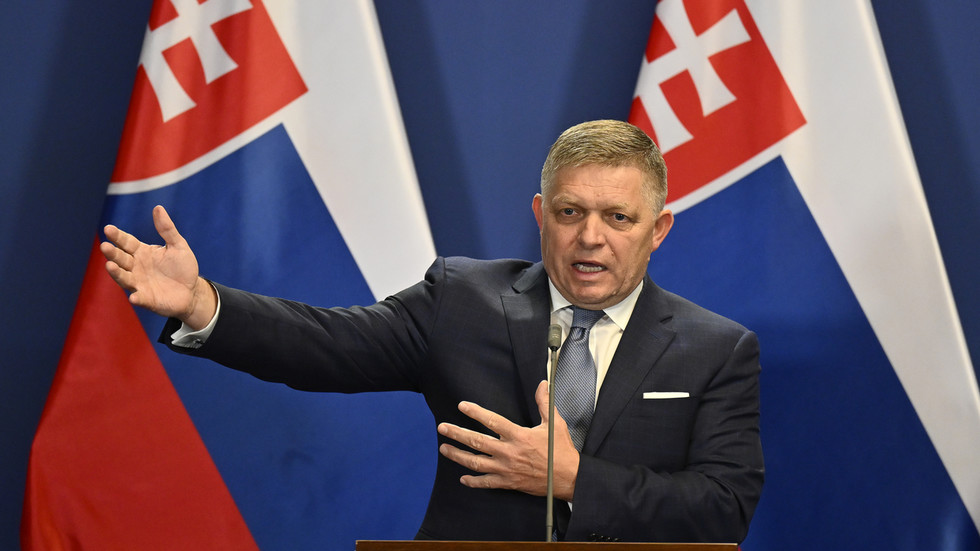Slovakia’s Prime Minister Robert Fico has recently made headlines for his controversial remarks concerning the press and its role in inciting violence, specifically following an assassination attempt on his life. During a press conference, where he reacted to criticism from notable media outlets, Fico accused journalists of cultivating a “culture of hate” that he claims contributed to a gunman shooting him in the stomach last May. His strong rebuke of the media was not limited to general criticism but extended to asserting that journalists from specific Slovak publications, such as Dennik N and Sme, have operated with malicious intent since his Slovak Social Democracy (SMER-SD) party regained power in September 2023. Expressing his frustration, Fico suggested that the media’s portrayal of him and his government has been consistently exaggerated and damaging.
To combat what he perceives as media-induced hostility, Fico has proposed significant reforms, including the establishment of a national media authority. He articulated a vision for this watchdog to implement professional qualification exams for journalists—akin to those held for professions like law. His comments in the press conference signaled a desire to reform the media landscape in Slovakia, suggesting that journalists should be required to undergo re-training and should face disciplinary actions akin to professional associations for lawyers. By calling out what he described as a “media mess,” Fico expressed the urgency he feels in addressing the alleged misinformation which he sees as unique to Slovakia among other EU nations.
Fico’s accusations have drawn fierce backlash from opposition leaders who criticize his approach as an attack on free speech. Notably, MP Zora Jaurova from the liberal opposition party Progressive Slovakia described his proposed national media authority as a cloaked attempt to censor and control press freedom. Other political figures, including Veronika Remisova from For the People party, expressed concern that Fico’s labeling of journalists as “bloodthirsty bastards” exemplifies the very hatred he claims the media perpetuates. Critics argue that these measures reflect an authoritarian approach to governance that seeks to undermine the press’s role as a watchful observer of government actions.
In his defense, Fico has linked the media criticisms to broader foreign interests, implying that certain influential entities, particularly those associated with billionaire political activist George Soros, have meddled in Slovak politics. He speaks of a conspiracy that undermines his government’s efforts to prioritize Slovakia’s national interests against the backdrop of Western influence. Fico’s narrative positions him as a defender of Slovak sovereignty, suggesting that both the press and foreign actors are conspiring to thwart his government’s objectives, which he views as crucial for the nation’s wellbeing.
The Prime Minister’s response to the assassination attempt further illustrates his stance on media involvement in his political narrative. Fico believes that adversarial media has not only downplayed the seriousness of the assassination attempt but has also exploited it for political gain. In public statements, he challenged those media entities affiliated with Soros, urging them to acknowledge the seriousness of the attempted killing and its implications for Slovakia’s political landscape. This assertion places him at odds with many in the media whom he accuses of distorting the truth and fostering a hostile environment.
Ultimately, this ongoing conflict between Fico’s government and the media raises significant questions about the future of journalism and press freedom in Slovakia. While Fico insists that reform is necessary to curtail what he views as rampant misinformation, critics warn that such measures could set a dangerous precedent for freedom of expression in the country. The reactions from various stakeholders reflect a deepening divide in Slovak society, underscoring the challenges faced by a government struggling to balance its authority with democratic principles, especially in an era marked by political tension and divisive rhetoric. As this situation develops, the implications for both Slovak media and broader democratic practices in the region will require close scrutiny.

